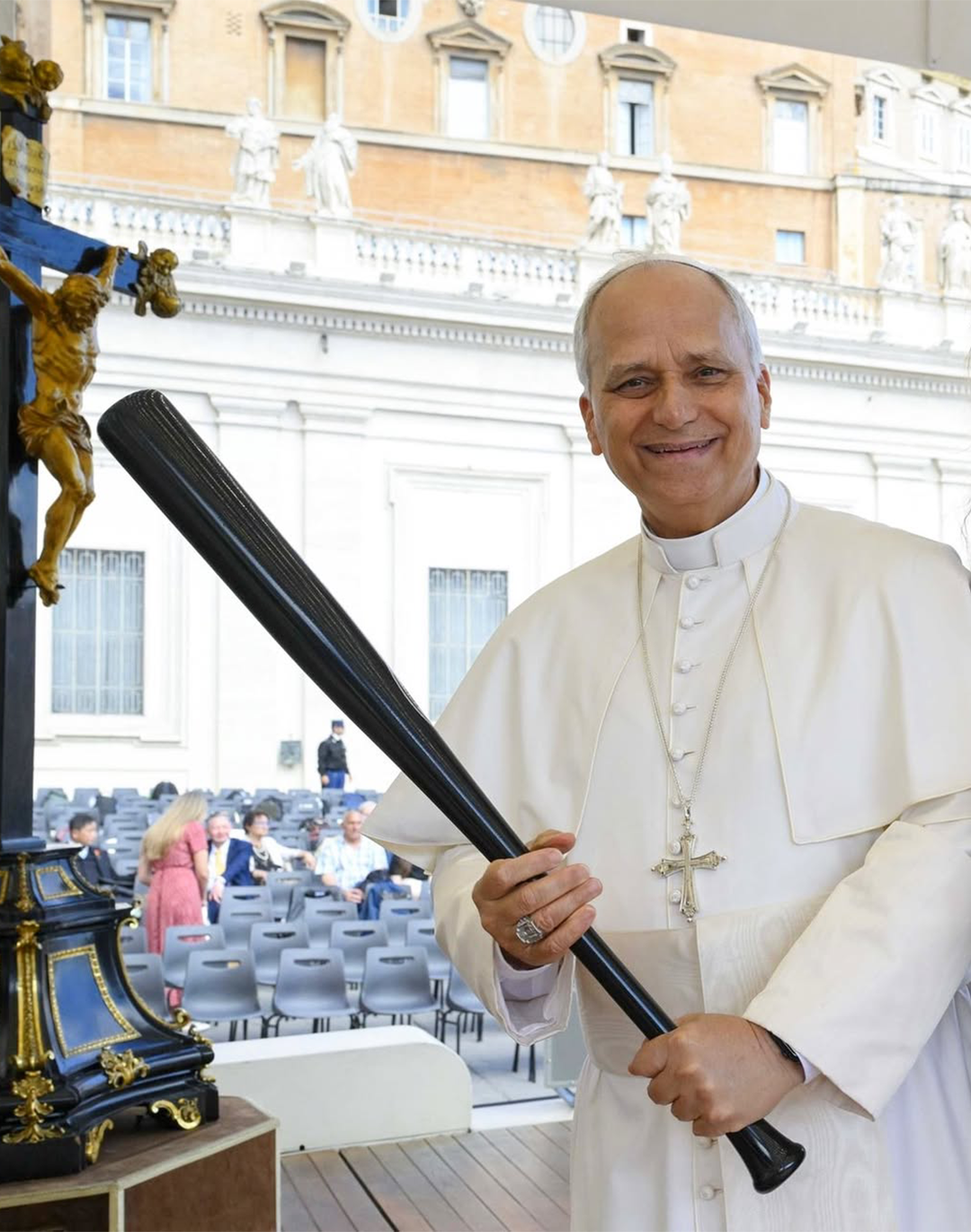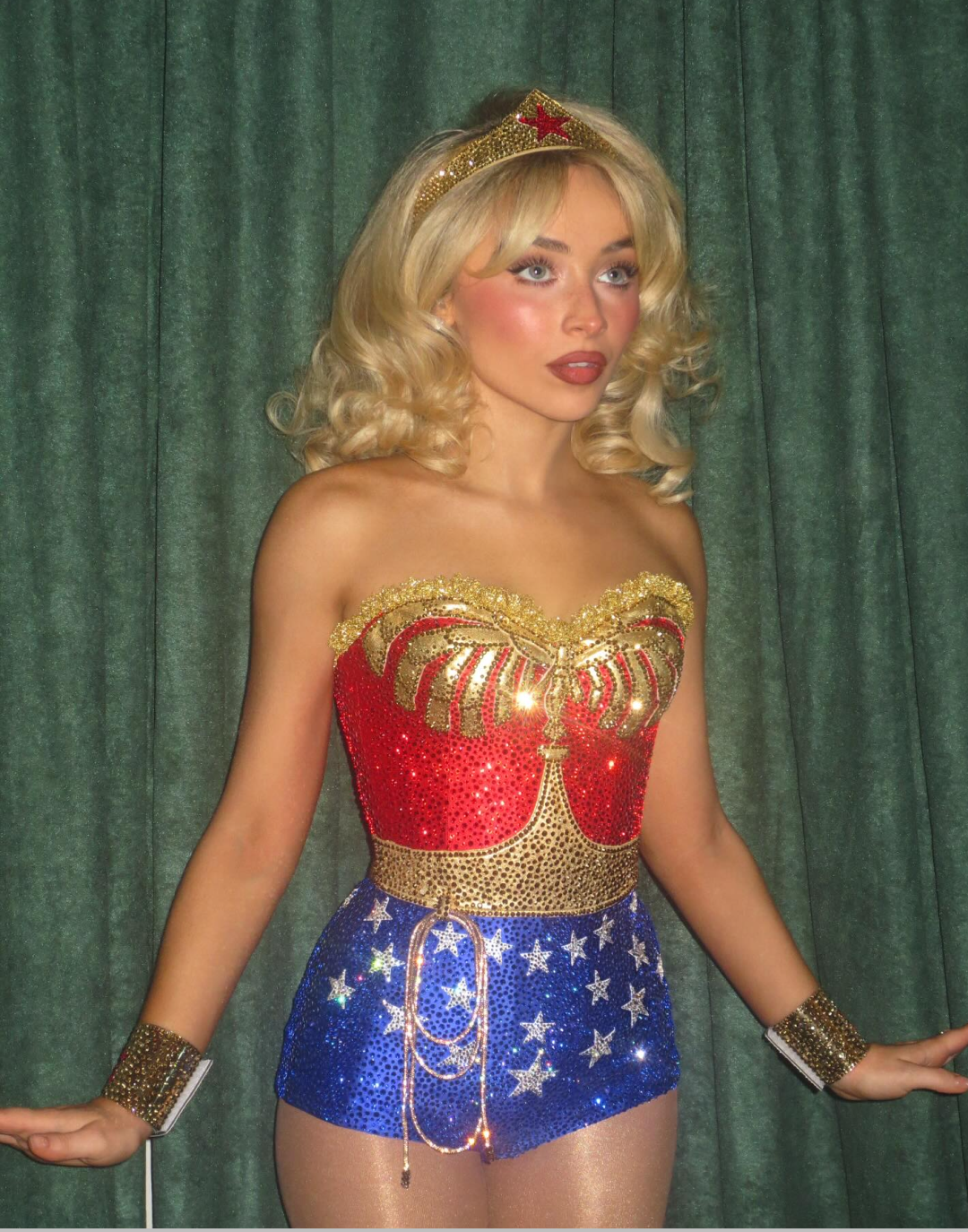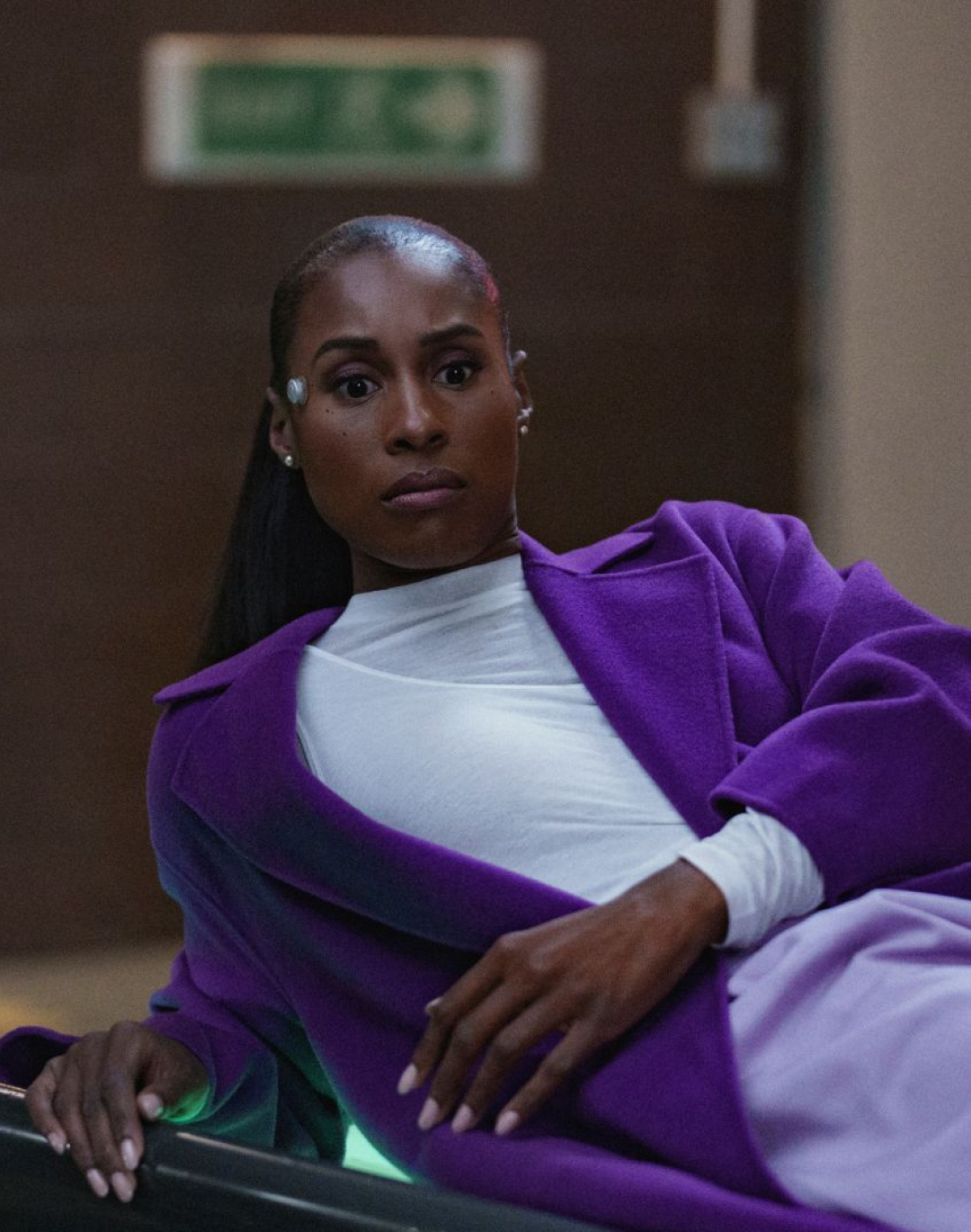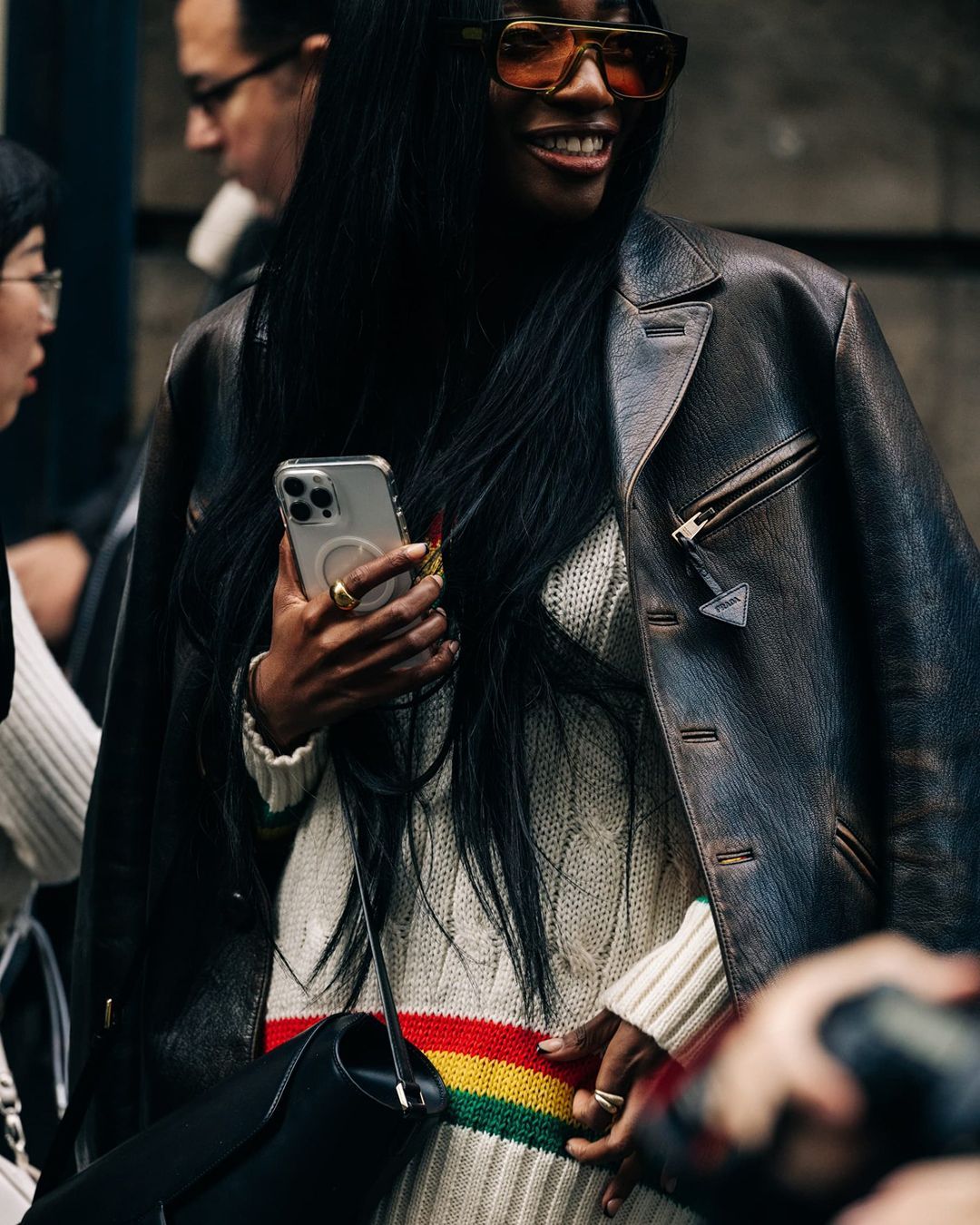
Are big social media the enablers of toxic masculinity? We have to thank the presence of certain gurus
Andrew Tate is an influencer and former world kickboxing champion who gained significant online visibility and success for videos promoting misogynistic, racist, homophobic, and violent content. On social networks and podcasts he’s been invited to, Tate has always presented himself as a sort of masculinity guru. This type of figure has become increasingly popular in a certain niche of the Internet, primarily composed of young Anglo-Saxon males. So-called masculinity gurus tend to give controversial advice to men on how to accumulate wealth, manage relationships with women, and oppose societal norms — what Tate himself calls the “matrix.” His most fanatic following comes from a kind of online private school he created, Hustler’s University, which, according to the Guardian, had over 120,000 members in 2022, mostly young men from the U.S. and the U.K.
Never marry:
— ELITE MASCULINE (@MasculineM7) December 8, 2024
nurses
lawyers
IG models
girls from Dubai
girls who hate their dad
Complete the list.
Andrew Tate is known for portraying himself alongside luxury cars, weapons, and cigars. In his speeches, he has repeatedly boasted about being violent towards several women — who, according to him, should generally not leave the house or drive and should instead be treated as men’s property. Despite limitations on his accounts, Tate has managed to achieve massive online visibility in recent years. In 2017, Twitter suspended his profile due to his controversial statements, and Facebook, Instagram, TikTok, and YouTube followed suit. However, many of his videos continued to circulate online through other channels and more lenient platforms. In November, his account on X was reinstated by Elon Musk, reaching 10 million followers. But for some time now, Tate has been in the spotlight for other reasons: since late 2022, he has been at the center of accusations of rape and human trafficking alongside his brother Tristan. Last August, the two were placed under house arrest in Romania — where they reside despite holding both British and U.S. citizenship — and charged with other crimes.
What Is the Manosphere and How Does It Relate to Andrew Tate
@knightsoffreespeech Tristan Tate’s #1 original sound - Knights Of Free Speech
Figures like Andrew Tate are highly popular within the so-called “manosphere”, a corner of the Internet made up of groups of sexist and anti-feminist men, including men’s rights activists, so-called dating coaches, or incels — a controversial online subculture discussing topics related to involuntary celibacy and expressing frustration towards those who succeed in romantic relationships. Between 2016 and 2020, many figures from the manosphere were temporarily removed from mainstream platforms following widespread debates about the need for social networks to more strictly moderate extreme content. However, they later regained significant online attention, thanks in part to greater leniency on platforms like Twitch and TikTok. In this context, Trump’s victory in the U.S. elections was — predictably — widely celebrated.
Andrew Tate, the most prominent figure in the manosphere, wrote on X in the days leading up to the election that America was facing “a war between men on one side, and girls and gays on the other.” Around the same time, various videos of young fraternity members celebrating Trump’s victory began circulating on TikTok. The Republican candidate invested significant resources and efforts to secure the so-called “bro vote”, referring to young male voters aged 18 to 30, who historically tend to abstain from voting. Additionally, several analyses of the presidential elections highlighted a shift to the right among a segment of younger voters, particularly males. One widely shared hypothesis among experts is that content disseminated through podcasts and social media had a much greater influence on this demographic than traditional media. Notably, his aversion to political correctness and the so-called “woke ideology” — broadly defined as awareness of structural sexism in Western society — also played a role. Many of the personalities Trump chose to interview online in the weeks leading up to the vote belong to the so-called “bro subculture.” Historically associated with the world of college fraternities, the “bro subculture” can be considered a subset of the manosphere, similarly characterized by toxic male camaraderie that often manifests in hyper-masculine behavior — both offline and online.














































